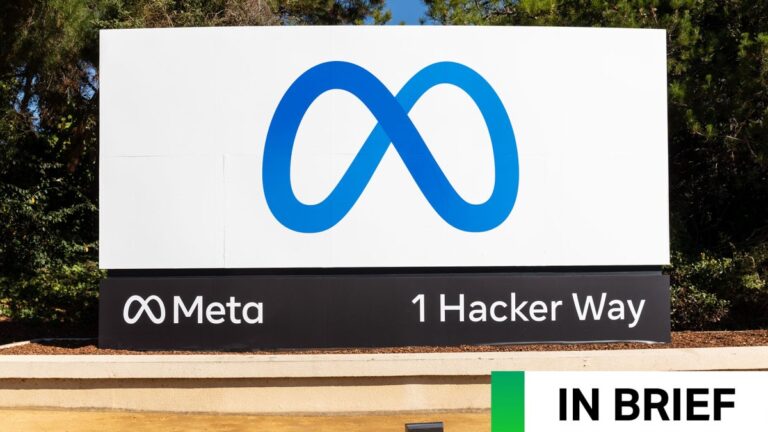How a Single Tweet Triggered Chaos in the Stock Market: Unraveling the Impact
In a surprising turn of events on Wall Street, a false report circulated by the popular news aggregator on X, known as Walter Bloomberg, claimed that President Trump was contemplating a 90-day pause on his contentious tariff proposal. This misinformation led to significant volatility in the stock market, particularly impacting index funds such as the Dow Jones.
Impact of False Reports on Stock Market Volatility
The rapid spread of this misleading information caused a whipsaw effect in stock prices, as investors reacted swiftly—initially driving prices up, only to see them plummet shortly thereafter. This incident highlights the profound influence that rumors and inaccurate reports can have on market dynamics.
Walter Bloomberg: A Source of Confusion
Although the Walter Bloomberg account is not officially linked to Bloomberg News, it has gained a reputation for delivering timely updates on tech and business news. The account primarily shares headlines that emerge from the Bloomberg Terminal, a premium service utilized by financial professionals for real-time market information.
Chain Reaction of Misinformation
On the chaotic morning in question, errors in reporting from major outlets such as CNBC and Reuters were exacerbated by the amplification from Walter Bloomberg. The now-deleted headline stated:
- “HASSETT: TRUMP IS CONSIDERING A 90-DAY PAUSE IN TARIFFS FOR ALL COUNTRIES EXCEPT CHINA.”
In a swift response, the White House’s communications team refuted this claim, emphasizing that Kevin Hassett, Trump’s director of the National Economic Council, had not made such statements.
Clarification from Officials
To validate their denial, the White House shared a clip from Fox News, where Hassett was asked about the possibility of a tariff pause. He suggested that the decision lay with President Trump and urged caution in the rhetoric surrounding the issue.
Attribution and Accountability
When questioned about the source of the false headline, Walter Bloomberg attributed the report to Reuters. However, Reuters later clarified that their initial story was based on a headline from CNBC and acknowledged the error.
In a statement, Reuters expressed regret for the misinformation: “Reuters has withdrawn the incorrect report and regrets its error.”
CNBC’s Response
In response to the unfolding situation, a spokesperson for CNBC stated:
“As we were chasing the news of the market moves in real-time, we aired unconfirmed information in a banner. Our reporters quickly made a correction on air.”
The Role of News Aggregators in Financial Reporting
This incident underscores the challenges faced by financial traders and the general public in discerning reliable information amid a flurry of updates. While professionals may access the Bloomberg Terminal for accurate market data, many rely on aggregators like Walter Bloomberg to stay informed.
As the financial landscape continues to evolve, the importance of verifying news sources before acting on them becomes increasingly vital.
For more insights on financial news and market trends, visit our Financial News page.







